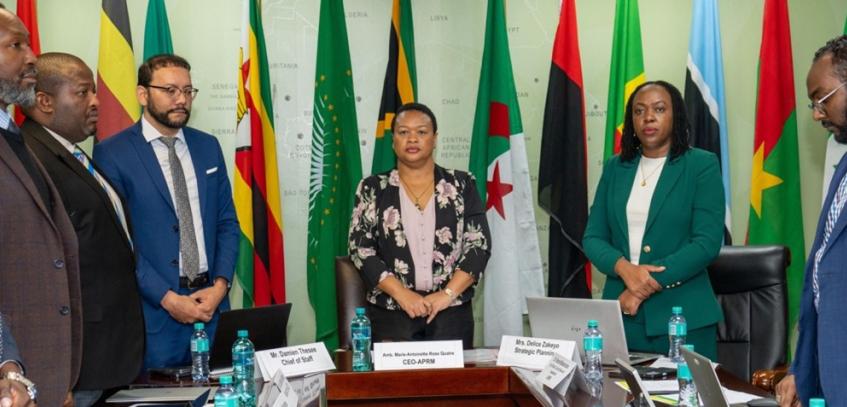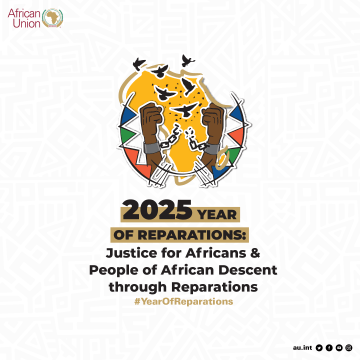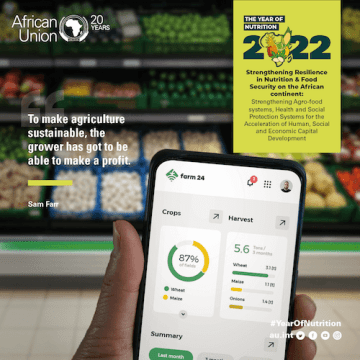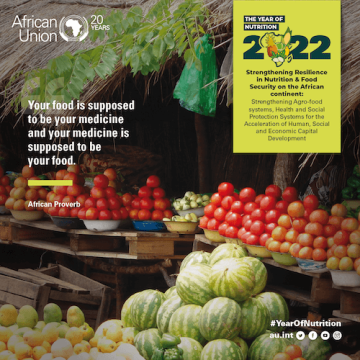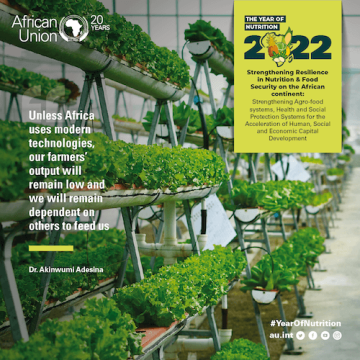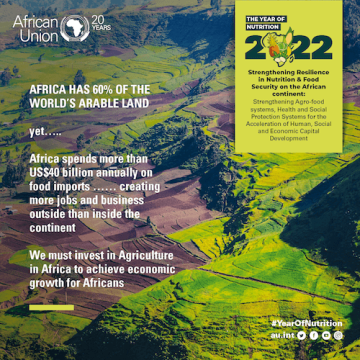Midrand – 24 June 2025– The African Peer Review Mechanism (APRM) Continental Secretariat convened the second launch of its Strategic Plan 2025–2028, marking a renewed commitment to African-driven governance reforms and regional integration in line with the African Union’s Agenda 2063. The launch event, held virtually on 22 June 2025, was attended by key stakeholders, including representatives from the African Union and its organs, the Regional Economic Communities (RECs), esteemed members from Civil Society Organisations (CSOs), and development partners from across the continent.
Ambassador Marie-Antoinette Rose-Quatre, CEO of the APRM, opened the session by reaffirming the APRM’s core mission: to promote inclusive, participatory, and accountable governance across Africa. She described the Strategic Plan as a forward-looking and results-oriented framework designed to translate the APRM’s mandate into meaningful reforms at the national and continental levels. This vision anchors the Plan’s four strategic interventions, which will guide the APRM’s work in the years ahead. Expanding on the significance of these interventions, Ambassador Rose-Quatre emphasised that civil society, particularly youth, women, academia, trade unions, and the private sector, must be central in building transparent and accountable governance ecosystems. This collaborative spirit reflects the African Union’s principle of African solutions to African problems.
Building on the momentum, key directors from the APRM Secretariat presented the plan’s operational priorities. Mr. Damien Thesee, Chief of Staff and Acting Director of Operations, explained that APRM’s new leadership is geared towards revitalising dormant structures, strengthening internal systems, and securing the ‘Universal Accession’ of African Union (AU) Member States.
Echoing the emphasis on institutional coordination, Ms. Diana Demba-Mutondo from the Country Reviews and Assessments Directorate highlighted plans to conduct five country reviews in 2025. She stressed that National Governing Councils (NGCs) are indispensable for ensuring transparency, implementation, and public accountability.
Collaborations with AU organs, media, and CSOs will be critical to promoting national ownership of review findings and translating recommendations into sustainable reforms.
Complementing this, Dr. McBride Nkhalamba, Acting Director of Governance and Specialised Reporting, emphasised the importance of knowledge production and strategic communication, using tools such as the African Governance Atlas, policy briefs, and thematic studies. He also pointed out his directorate’s contribution through evidence-based insights to inform policymaking and ensure alignment with Agenda 2063 and the African Continental Free Trade Area (AfCFTA).
In support of these efforts, Mr. Peter Katwesige, speaking for the Monitoring and Evaluation Directorate, detailed the development of governance early warning tools, updated assessment methodologies, and the Africa Governance Index. These instruments will help track progress, inform strategic decision-making, and align National Programmes of Action (NPOAs) with both Agenda 2063 and the UN SDGs. Mr. Katwesige highlighted the Directorate’s inclusive monitoring strategy, which includes youth engagement and knowledge-sharing platforms as core components to advance accountability and learning.
Mr. Constantin Lebogo powerfully articulated the role of communication in linking technical outputs with citizen engagement. To bridge the gap between technical reforms and public understanding, the APRM will popularise its findings through citizen-friendly formats, interactive platforms, and national dialogues, he indicated. He announced the launch of the APRM Communicators’ Network, which will standardise messaging across the continent through storytelling, advocacy, and digital campaigns, ultimately increasing visibility and public trust.
To further advance the APRM’s forward-looking vision, Mr. Jibril Ibrahim-Kano, Head of the ICT Unit, addressed the urgent need to integrate e-governance across the continent. While digital transformation presents immense opportunities, significant gaps in infrastructure, legal frameworks, and digital inclusion risk leaving many behind, he explained. Mr Ibrahim-Kano called for harmonised legal policies and the responsible adoption of emerging technologies to ensure a digitally empowered and inclusive Africa.
During the Q&A session, open dialogue reinforced the APRM’s accountability to its stakeholders. Experts and key participants raised important questions about the APRM’s long-term impact, implementation capacity, and responsiveness to governance risks. In response, Ambassador Rose-Quatre and directors acknowledged past limitations while outlining how the Strategic Plan addresses these through new initiatives such as the Governance Support
Programme, specifically designed to close the gap between review findings and implementation.
This exchange further highlighted the collaborative nature of the APRM’s strategy. Dr. Nkhalamba reaffirmed the value of think-tanks in strengthening policy coherence and stressed the alignment of technological advancement with governance reform. Advocate Batlokoa elaborated on APRM’s early warning mandate, citing partnerships with the Peace and Security Council and the Panel of the Wise to promote preventive diplomacy. Mr Lennon Monyae, responsible for the APRM Youth programme at the Continental Secretariat, emphasised the importance of youth involvement, spotlighting symposiums, training, and innovation platforms as critical avenues for engagement.
In her concluding remarks, CEO Ambassador Rose-Quatre reiterated the urgency of implementation and called for collective action to ensure that the APRM delivers on its transformative mandate. She emphasised the need for strong national institutions and a diversified resource base to safeguard the APRM’s independence and impact. She called on all stakeholders, governments, civil society, youth, and partners to join in this collective effort, and reaffirmed that the APRM will remain a catalyst for governance reform, inclusive development, and lasting peace across Africa.
This second launch builds on the momentum of the first unveiling of the 2025–2028 Strategic Plan, which took place on 30 June 2025 and was attended by representatives from participating States and APRM National Structures.
For media inquiries or further information, please contact the APRM Continental Secretariat at info@aprm-au.org.
@APRMorg – X
www.aprm.au.int

